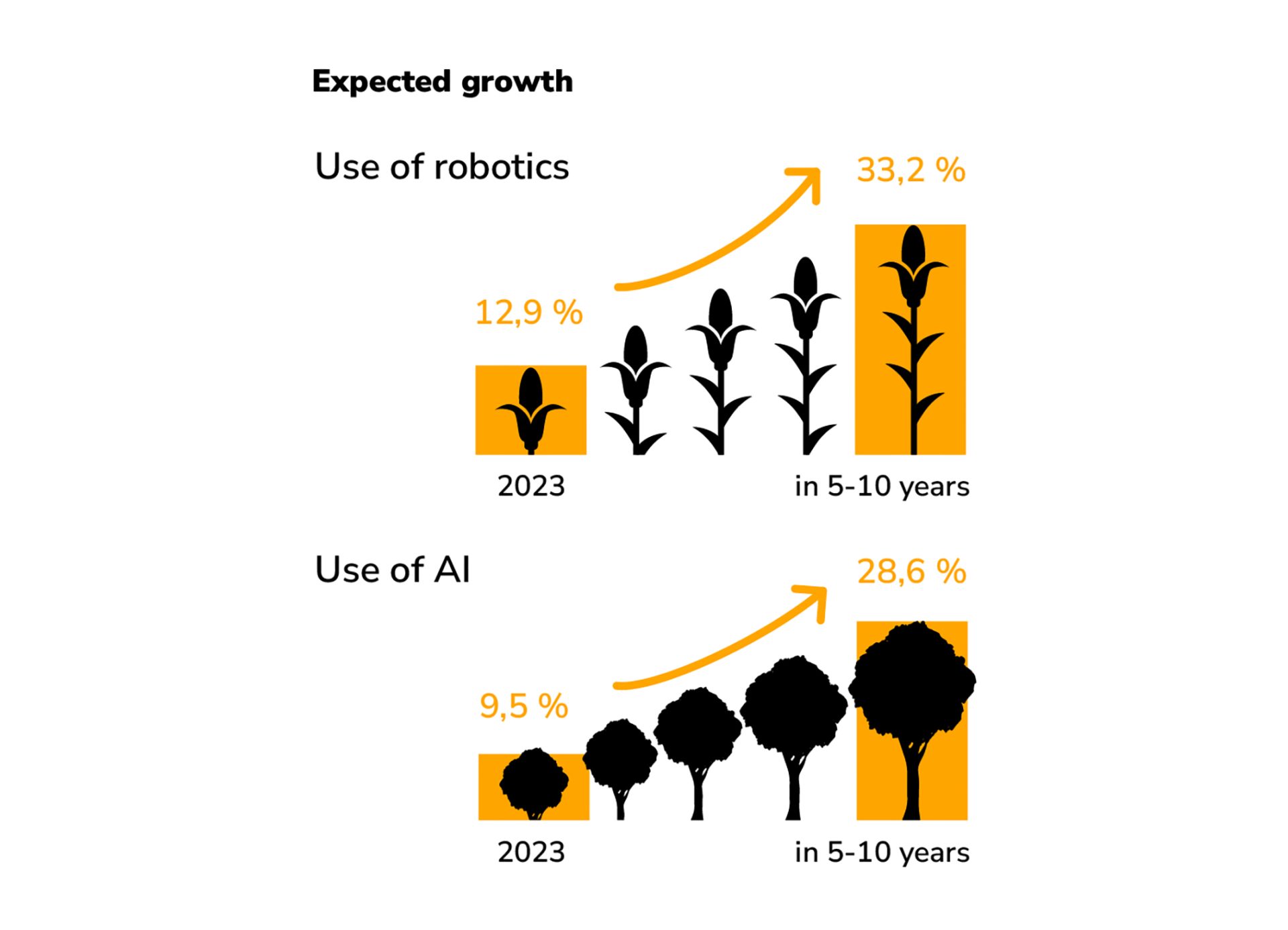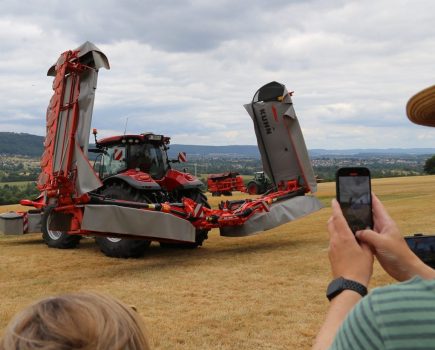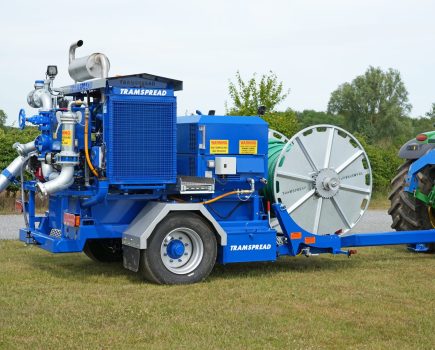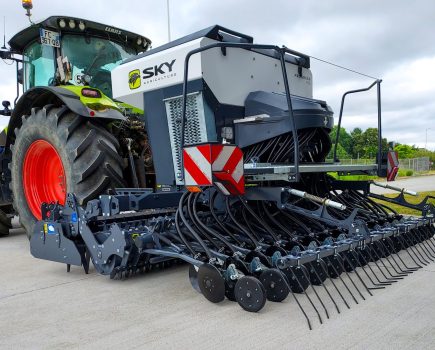A survey of farms in five countries on four continents reveals that while more than 40% already using apps or GPS-controlled agricultural machinery, one in five do not use any form of digital technology.
Part of the ‘Agriculture in transition’ study, conducted by Continental with the Innofact market research institute, the survey involved 503 farmers in Brazil, France, Germany, Japan and North America.
79% of respondents already use digital solutions, and more than two-thirds reckons that digitalization plays a relevant role in their daily work. However, there are major differences between regions and farm sizes. In Germany, France and North America, about 13% of farms still do not use any form of digital technology. This drops to 5.0% (one in 10) in Brazil and increases to around 60% in Japan.
The survey reveals that in general, the smaller the farm, the less digitalized it is. Around a fifth of farms with >50ha do not use any digital technologies. This increases to 12% on 100-200ha farms (10% above 200ha).
The feedback also shows that while 45% of respondents already use apps and 41% GPS-controlled tractors and machines, other technologies are less widespread. Only one in three farms use satellite images, while 13% have a farm robot and 10% some form of artificial intelligence (AI). The use of drones is increasing, though, and one in four farms use one, primarily to analyse land.

The survey also highlights that one in four farms still have no concrete idea what technologies they will use in the future. However, a fifth of farms who are not currently using a robot expect to do so within the next five to 10 years. A similar trend is seen with AI. While used by an average of 10% of farms today, this number is expected to triple in the next five to 10 years.
Mario Branco, head of off-highway at Continental, says that many farms will significantly increase their use of AI and robotics in the next few years to make their operations more efficient, including the use of pesticides and herbicides. “This will fundamentally change the way farming is done,” he adds, ”from precise soil analysis to automated harvesting to intelligent yield prediction.”
Finally, when asked what additional services would help them, 43% of respondents are keen for more user-friendly technologies. 37% are interested in training courses on how to use new technology, and 31% would like to see data presented in an understandable way.
For more up-to-date farming news click here and subscribe now to profi and save 47%.






